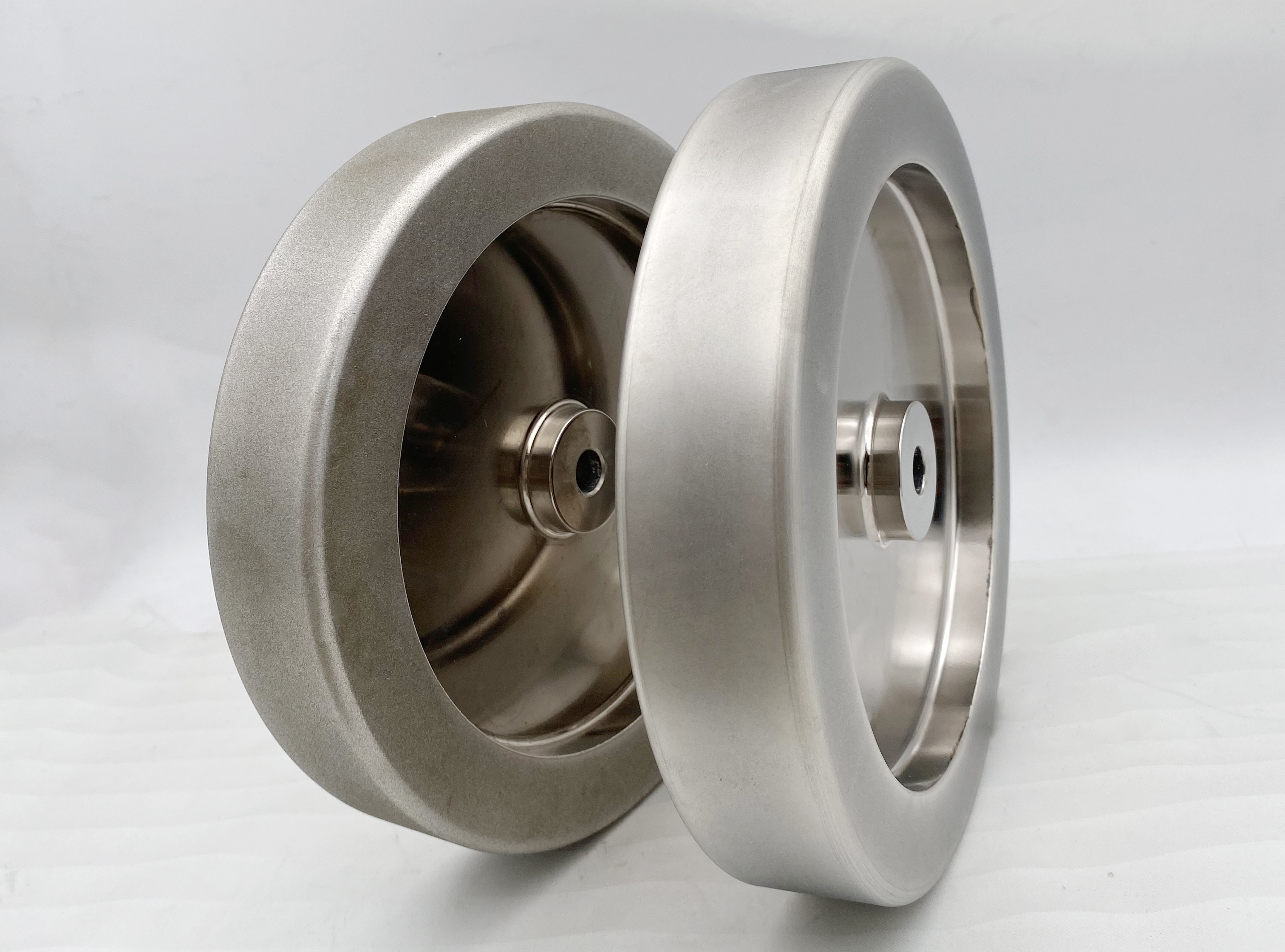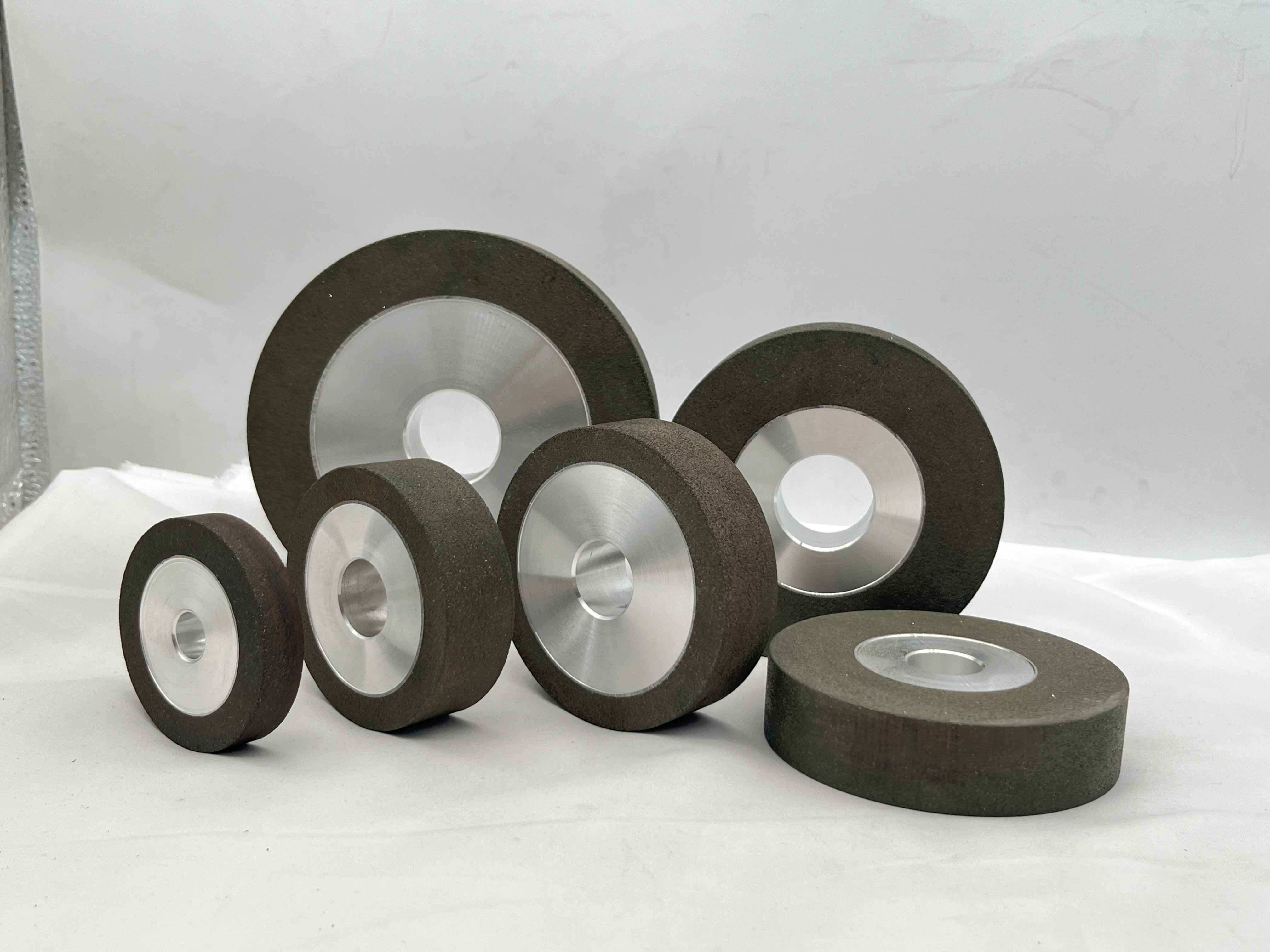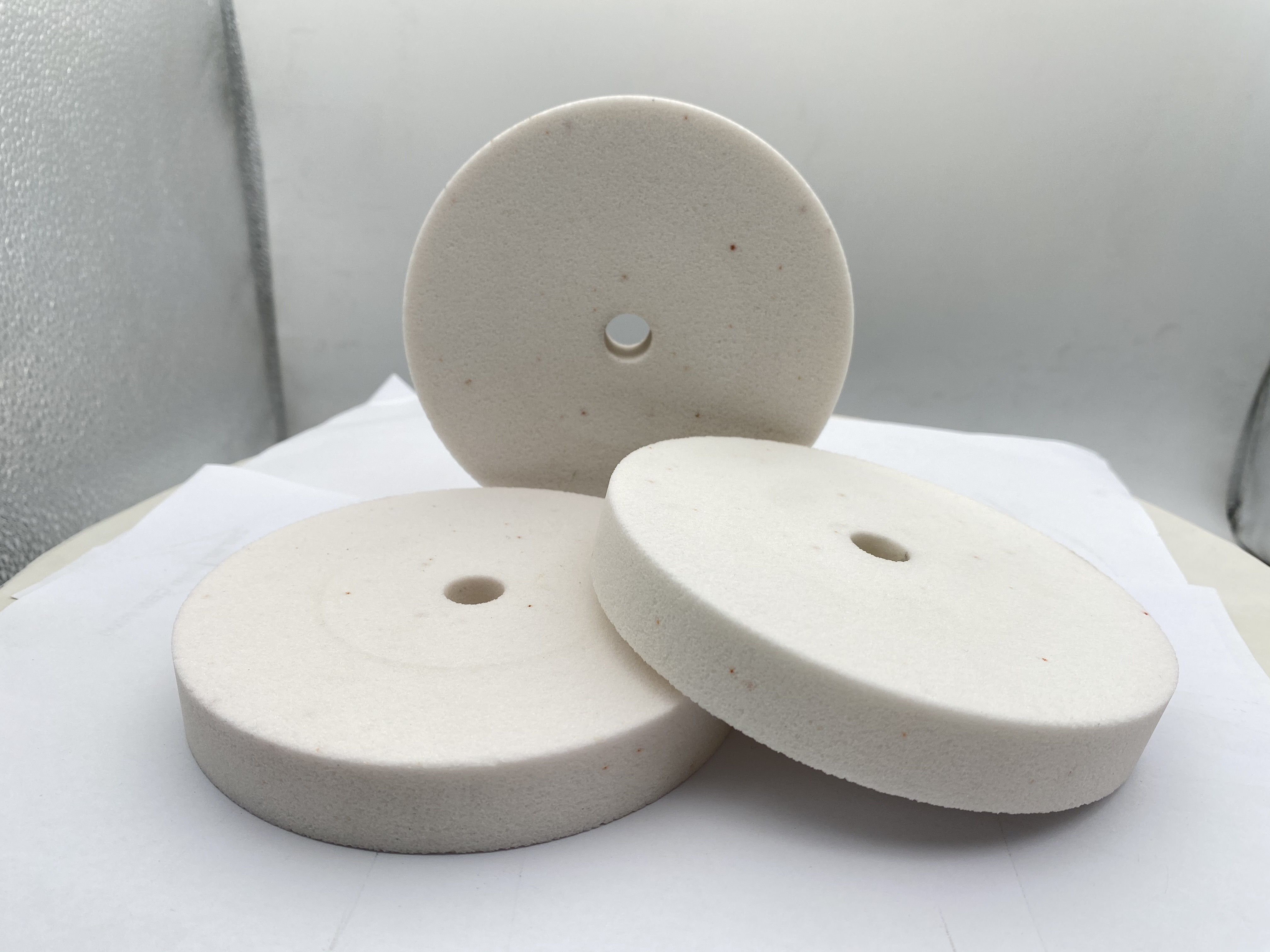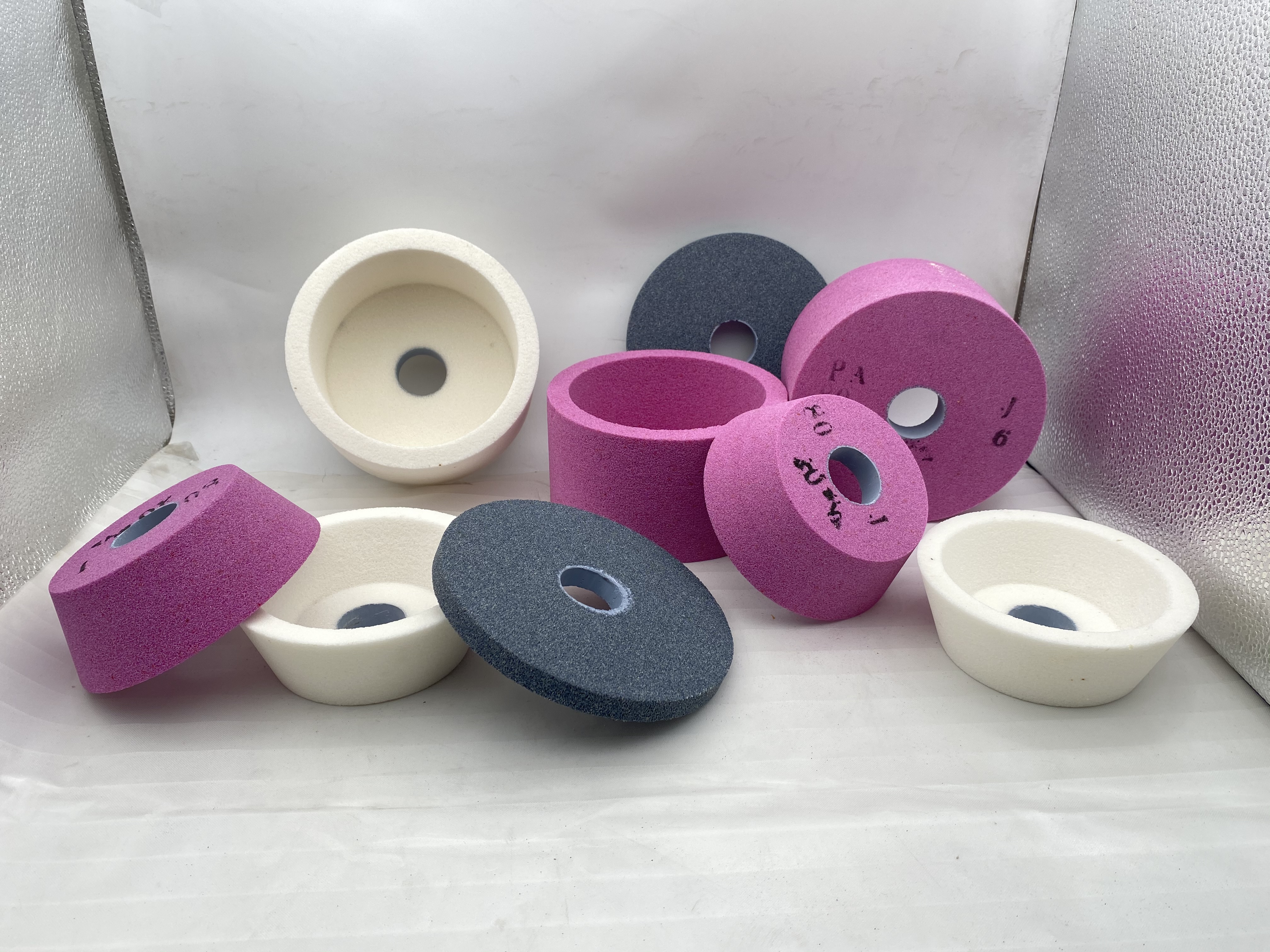In the realm of precision machining, the selection of grinding wheels is a critical decision that directly impacts efficiency, cost, and workpiece quality. While metal bond diamond wheels excel in many applications, they are often ill - suited for grinding steel components. At Zhengzhou Ruizuan Diamond Tools, with over 20 years of expertise in abrasive solutions, we delve into the technical reasons behind this limitation and introduce superior alternatives that deliver optimal performance for steel grinding.
Metal bond diamond wheels are renowned for their exceptional durability and high material - removal capabilities. The metal bond, typically made from materials like bronze, electroplated nickel, or sintered metals, securely holds diamond abrasive grains, making these wheels ideal for grinding hard and brittle materials such as ceramics, glass, and carbide. The strong bond allows for aggressive grinding, withstanding high pressures and temperatures without significant wear. However, when it comes to steel components, these advantages transform into significant drawbacks.
Why Metal Bond Diamond Wheels Struggle with Steel Grinding
1. Chemical Reactivity
2. Poor Chip Evacuation
3. Excessive Heat Generation
Optimal Alternatives for Steel Component Grinding from Ruizuan
1. CBN (Cubic Boron Nitride) Grinding Wheels
Chemical Inertness: CBN is chemically inert to iron, making it resistant to the graphitization issues that plague diamond when grinding steel. This property ensures that CBN grains maintain their sharpness and integrity throughout the grinding process, resulting in longer wheel life and consistent performance.
High Thermal Stability: With a melting point of over 2,950°C, CBN can withstand the high temperatures generated during steel grinding without degradation. Our CBN grinding wheels at Ruizuan are engineered with advanced bonding technologies, such as resin - CBN and metal - CBN hybrids, to optimize heat dissipation and enhance chip evacuation.
Superior Cutting Efficiency: CBN's hardness (second only to diamond) allows for rapid material removal from steel components. Our wheels are available in a range of grit sizes, enabling precise control over surface finish and stock removal rate. For example, our resin - bonded CBN wheels are ideal for fine grinding of hardened steels, achieving surface roughness values as low as Ra 0.2μm.


2. Aluminum Oxide Grinding Wheels
Cost - Effectiveness: For applications where extreme hardness is not required, aluminum oxide grinding wheels offer a cost - effective solution for steel grinding. The abrasive grains are less expensive than CBN or diamond, making them suitable for general - purpose steel machining tasks.
Good Chip Evacuation: Aluminum oxide wheels typically have a more porous structure compared to metal bond diamond wheels, facilitating better chip evacuation. This reduces the risk of glazing and heat - related issues, ensuring a smooth and efficient grinding process. Our aluminum oxide wheels at Ruizuan are formulated with high - purity grains and optimized bond systems to deliver reliable performance across a wide range of steel grades.


Metal bond diamond wheels may be powerful tools in many machining applications, but their limitations in steel grinding are undeniable. At Zhengzhou Ruizuan Diamond Tools, we offer a comprehensive range of CBN and aluminum oxide grinding wheels that overcome these challenges, delivering superior performance, longer wheel life, and cost - effective solutions for steel component grinding.
Post time: Apr-11-2025


